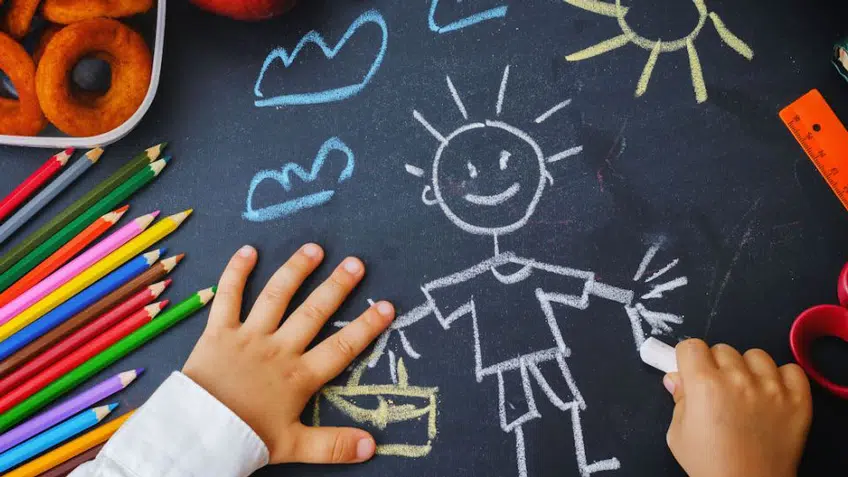Discipline is paramount for every learning. For developing and maintaining an effective learning environment, peace and harmony in the classroom and a joyous learning environment – it is essential to tackle indiscipline issues immediately. It could be easy or even daunting at times for a teacher to strike a balance yet at no point should the teacher feel intimidated or view the child as a monster or an opponent. The line is thin, the task is difficult but not impossible.
“I touch the future I teach”
Here is an insightful article from a very experienced teacher. A slice her classroom experiences.
I teach students in classes 11 and 12 and as the headmistress of the senior wing I have to deal with students classes 9 to 12. It is a tough time for students when they have just emerged from being a child and do not have the capability of dealing with life as an adult. It is difficult for teachers too for this time in school is marred with unruly behavioural patterns and a show of aggression by students.
There is nothing more infuriating for a teacher than being confronted by a group of defiant boys bent on destroying the discipline of the class. The rest of the class is enjoying the show as a welcome break from a tiresome class. They are also watching you deal with a difficult situation. It is very easy to lose your cool and shout. Indeed teachers are often trapped into the vortex of violence by using physical violence against the child. But isn’t that what the student wanted in the first place? To reduce you to the same level as him where you resort to aggressive behaviour? Let us not be gender insensitive even girls resort to similar disruptive behaviour in class. In fact they are smarter at it.
So what is to be done as the carefully prepared lecture comes to a halt and the class is smiling, openly laughing and at times joining in with hooting and whistles? Walking out means you have given up. Refusing to teach means that you have given up your role. This is the time you have to take a deep breath and control your ego (which is screaming-‘How Dare he/she?’) Take a long hard look at the person who started it all. The chances are that in the revelry he/she is looking at you and waiting for your reaction. Is it possible to remove the student from the charged up atmosphere? Maybe there is anger and he/she is out of control. The reason can be a real angst like he/she did not get the marks that he/she had expected or felt that you had favoured someone with higher marks etc.
Angst can be tackled by leading the person away from the situation to a calmer place where you can talk to him/her. Be ready to admit your mistake and make amends but do not be intimidated if you think you are right. Children think that they can bully the humble teacher by stressing their political connections. It is funny when students come up with, ‘You don’t know who I am…’ But they are just reflecting the times- it is us adults who taught them that might, especially political might, is right. In such a case you need to remain calm and unimpressed by the child’s political connections. Send the message across that it is the student who is important to you. You can leave the child with a responsible teacher and go back to your class and carry on with the lecture. You will be surprised how quickly the students settle back. I advocate this as more effective than ‘Get out of my class!’ stance. You may even send out a friend of the student or the monitor to check on the student.
Returning to the student after the class, you will find him in a different frame of mind. Since both of you are calmer now you can talk as equals. I would like to stress here that at no point of time you should let the child get the feeling that he/she can get away with bad behaviour without facing the consequences. Very firmly you can bring in the question of the broken chair/glass that the student may be fined for or that you will have to send the student for suspension for his behaviour. Most students would be ready to apologize and be full of promises of better behaviour. But it is important for the teacher to enforce obedience to rules for the sake of other students.
At times it is prudent to call up the parents and inform them about the behaviour of the child. Most children are intimidated by this and might even find it a sort of betrayal. Again the teacher has to assess if she carry on without informing the parents, at the same time maintaining the call to parents as an impending threat in case of repeated misbehaviour in the future, or if the behaviour of the child is of such magnitude that parents have to be taken into confidence. Under the latter category would come drunkenness, drug abuse etc. At no point should the teacher feel intimidated or view the child as a monster or an opponent. It is a thin line we tread in all of this and it is not easy. Then we chose to be teachers and guides to a better society.

